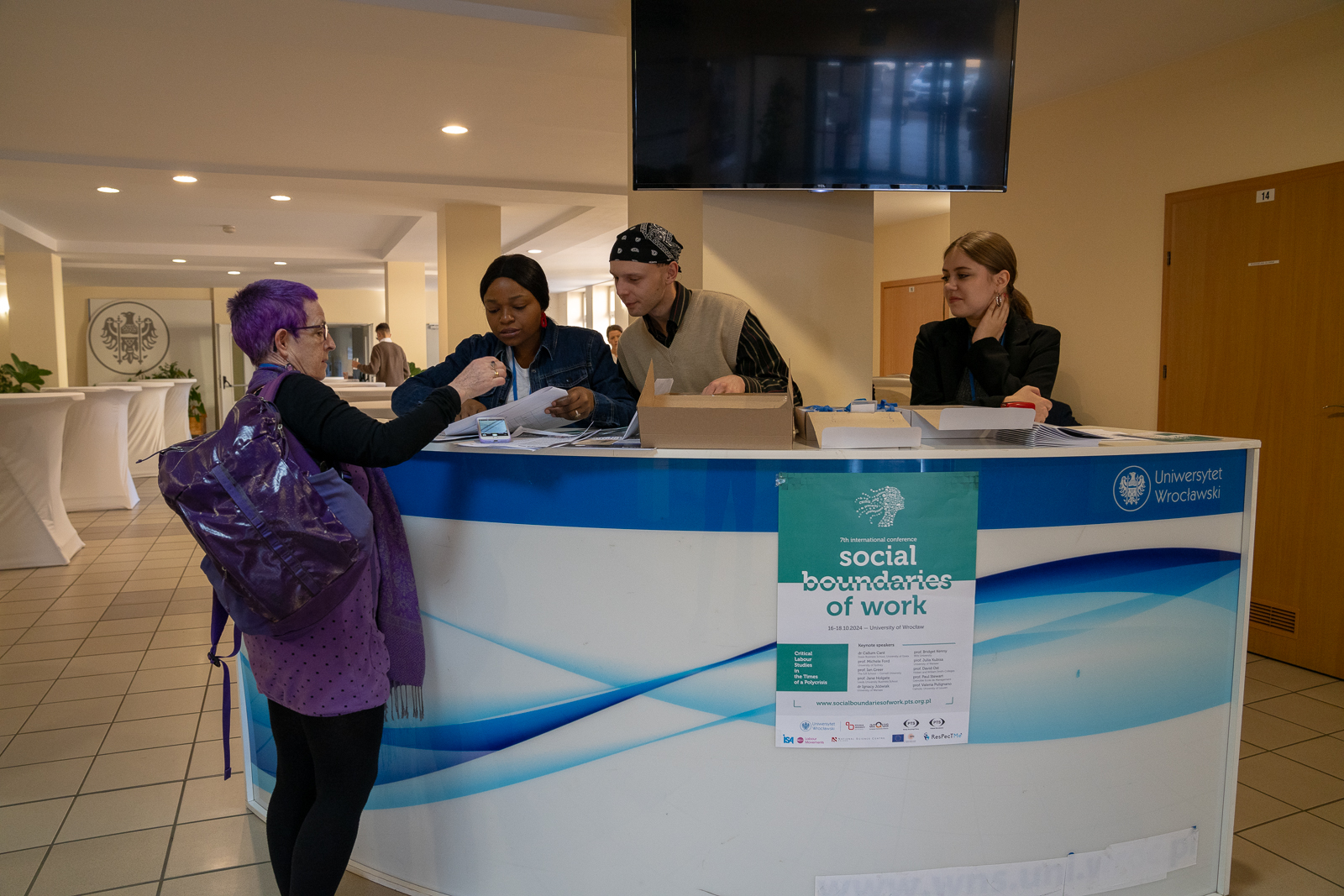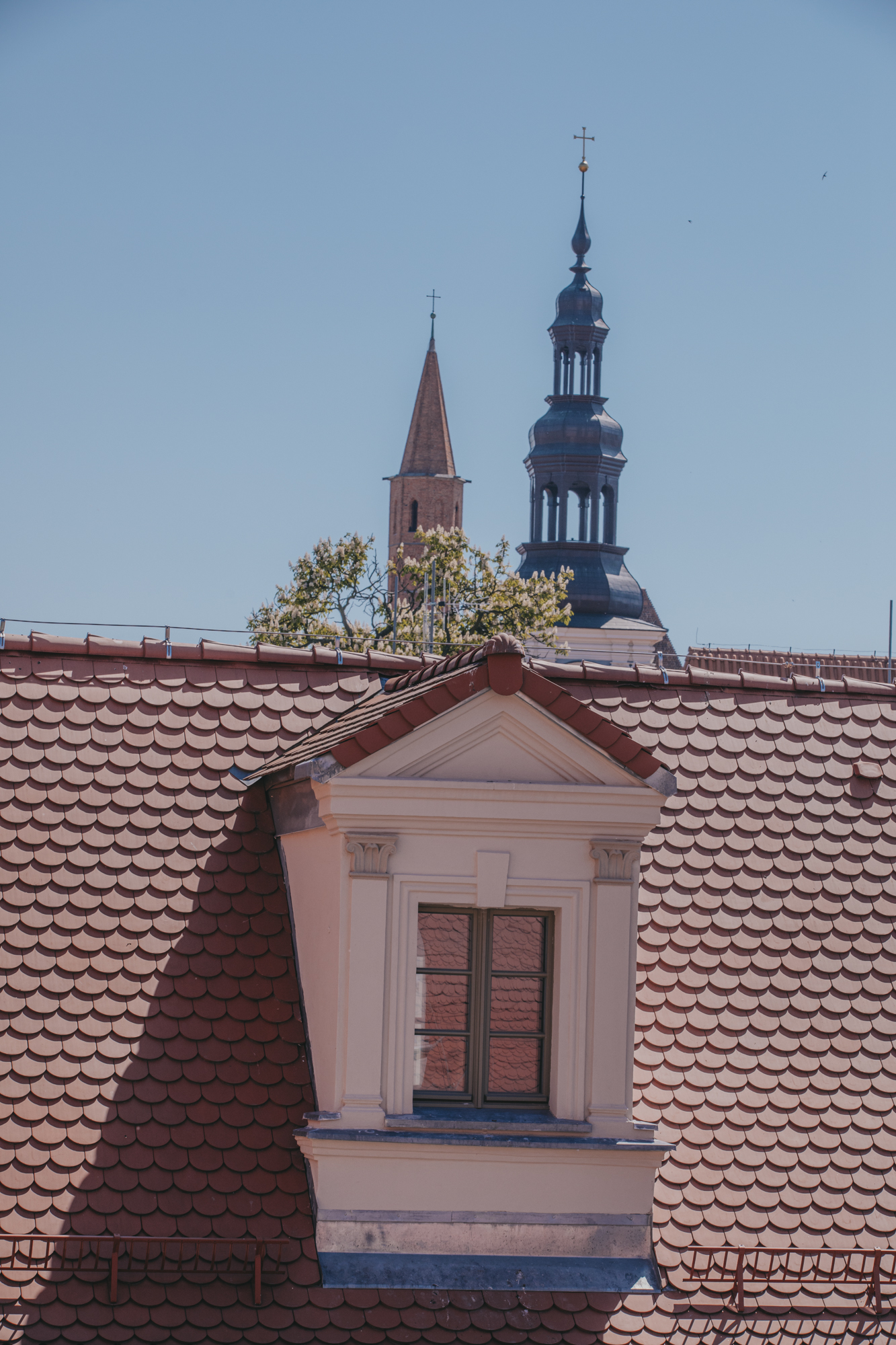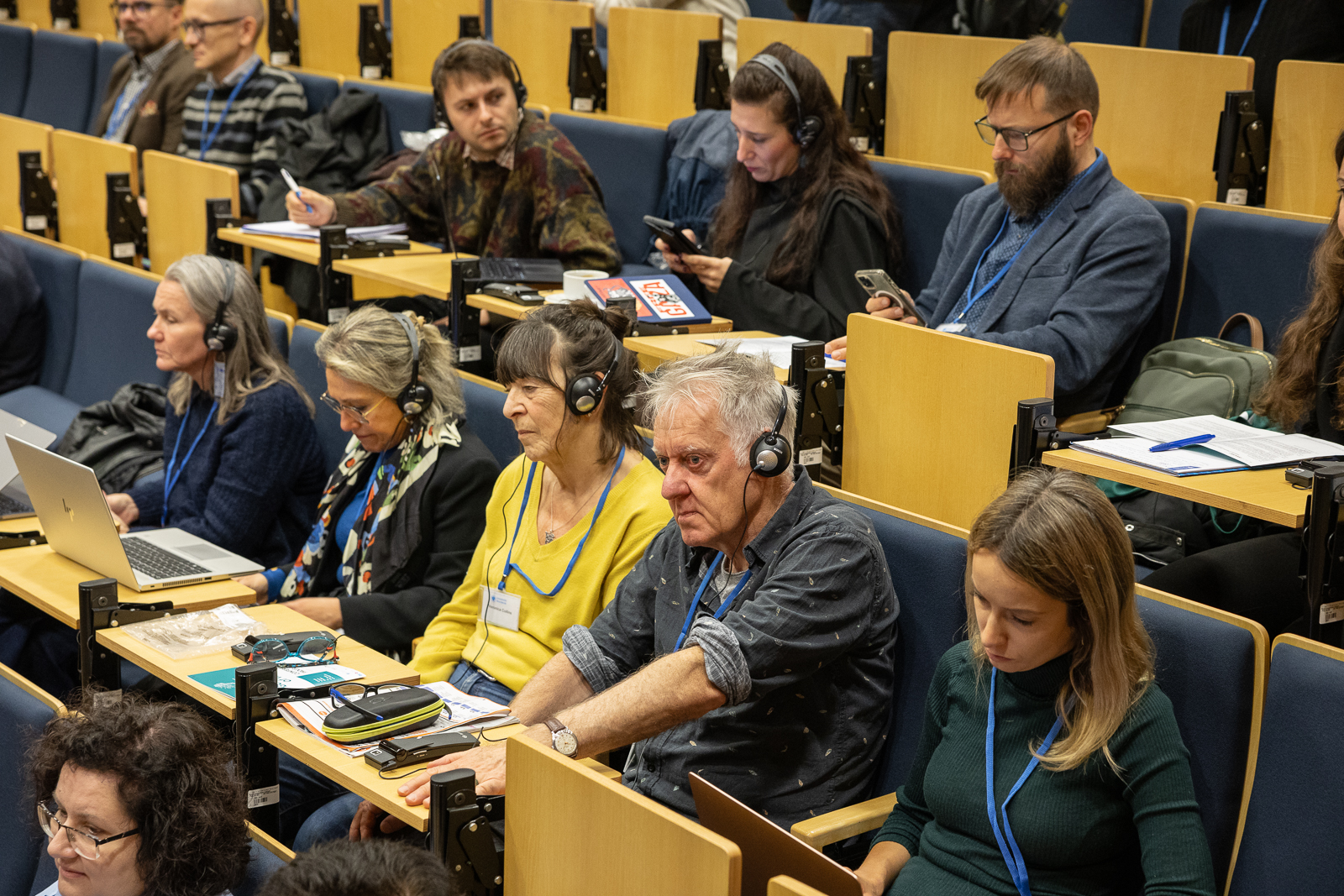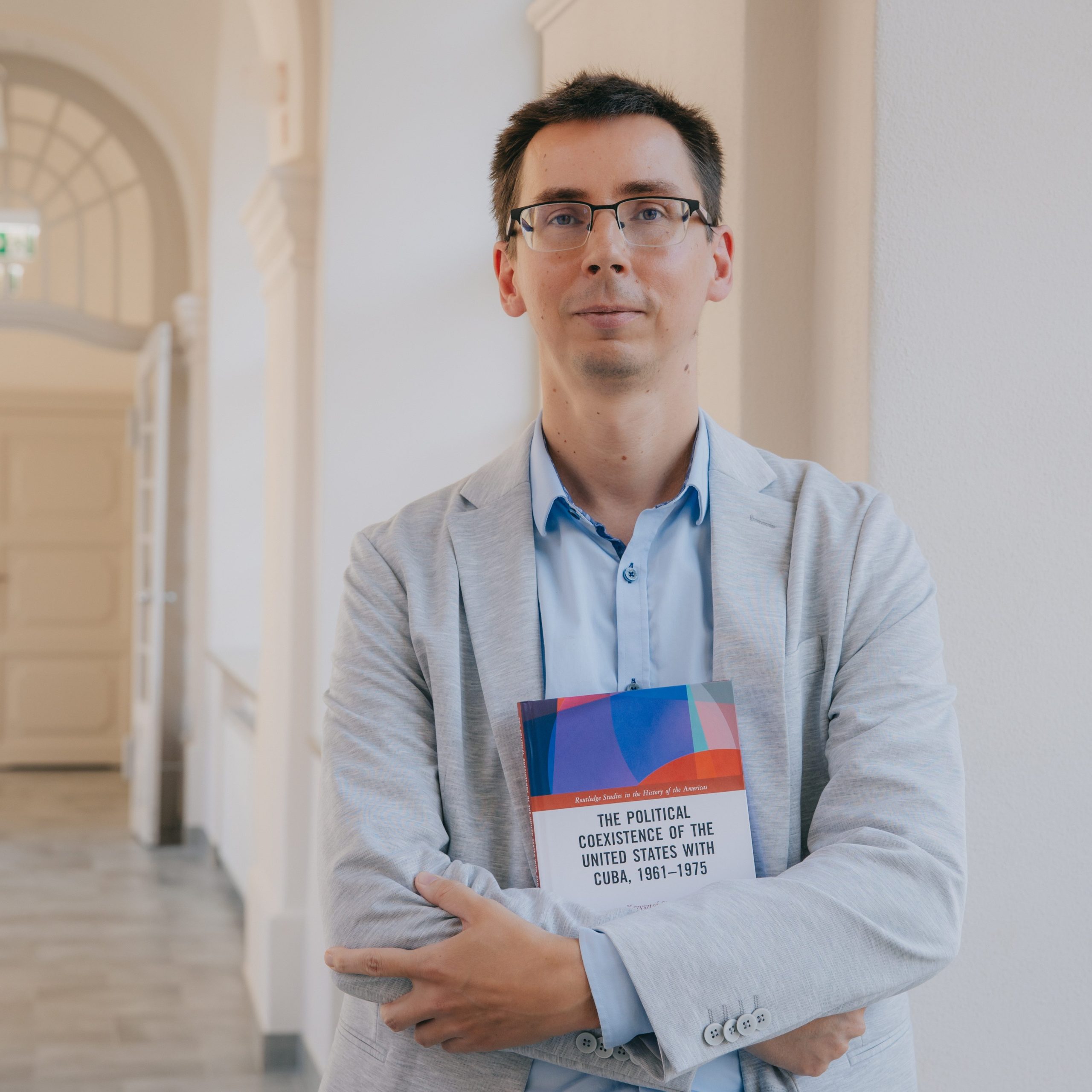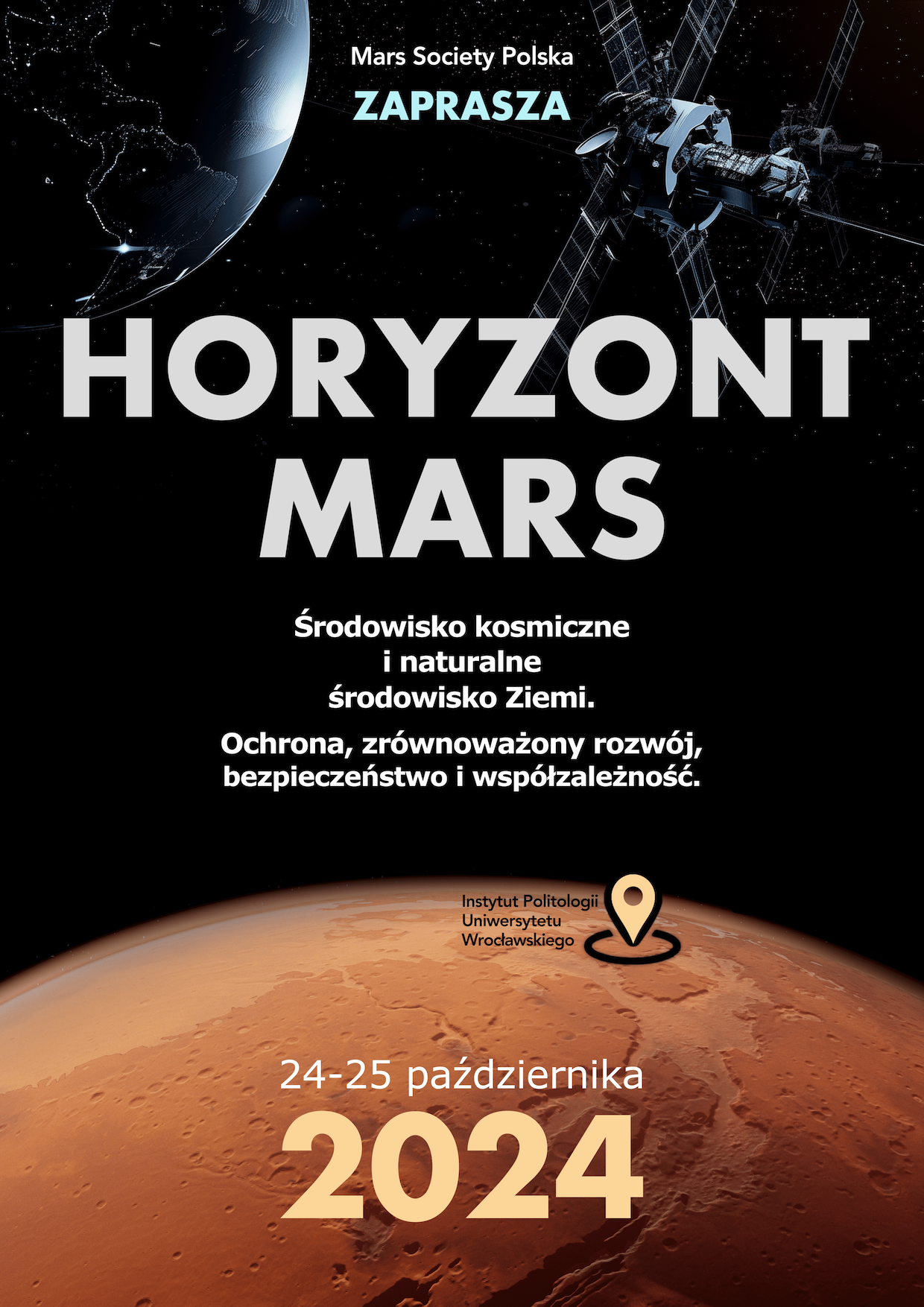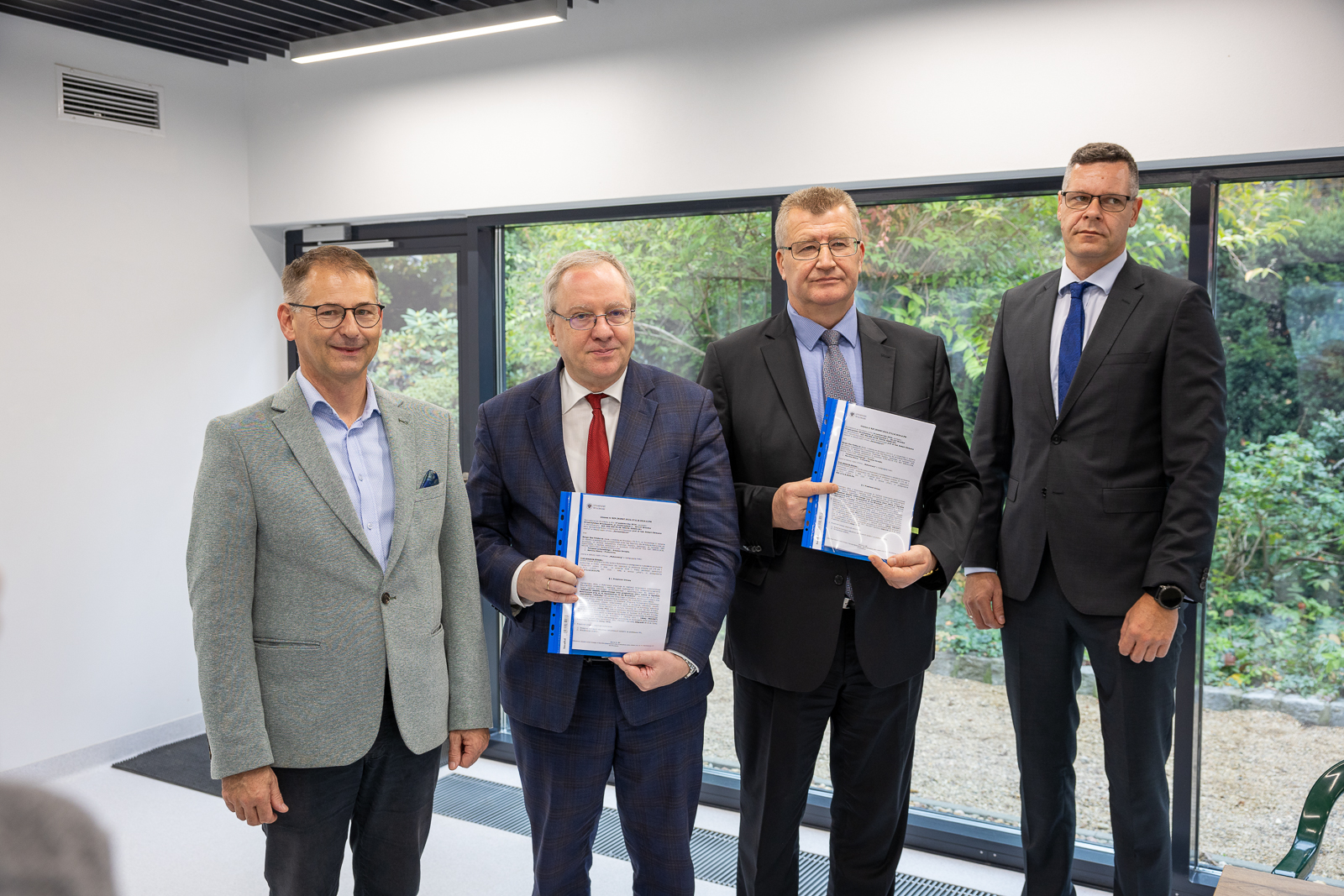News

The Free Belarusian University is continuing enrollment in the course “Narodziny białoruskiego Lewiatana. Dlaczego demokracja parlamentarna przekształciła się w dyktaturę personalistyczną (grudzień 1991 – listopad 1996)?”, which allows participants to expand their knowledge, gain analytical skills and competence in the history of Belarus from the mid-1980s to the mid-1990s, related to the attainment of sovereignty and the country’s subsequent transition to authoritarian rule.
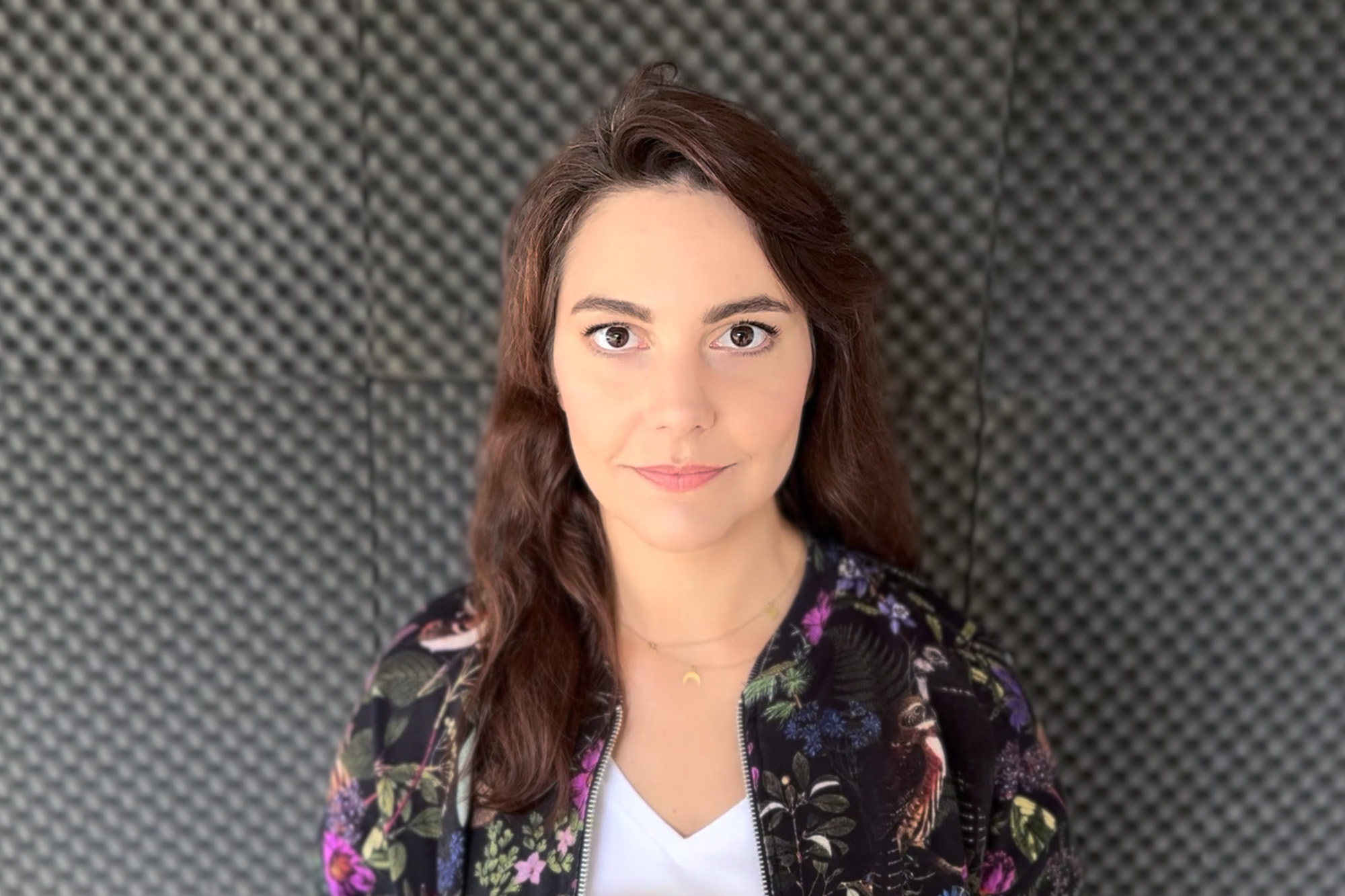
An interview with dr Ewa Górska from the Faculty of Law, Administration and Economics of the University of Wrocław nominated for the ”Polityka” award. Since 2001, the ”Polityka” Weekly Foundation offers a scholarship program “Stay with Us!” addressed to young researchers – since 2011 under the name of Science Awards. In the pages of “Polityka,” the project promotes a valuable career model and achievements of the young researchers in Poland. You are among the 15 finalists, from whom five laureates will be chosen this Sunday, October 20. Why did you decide to take part in the contest?
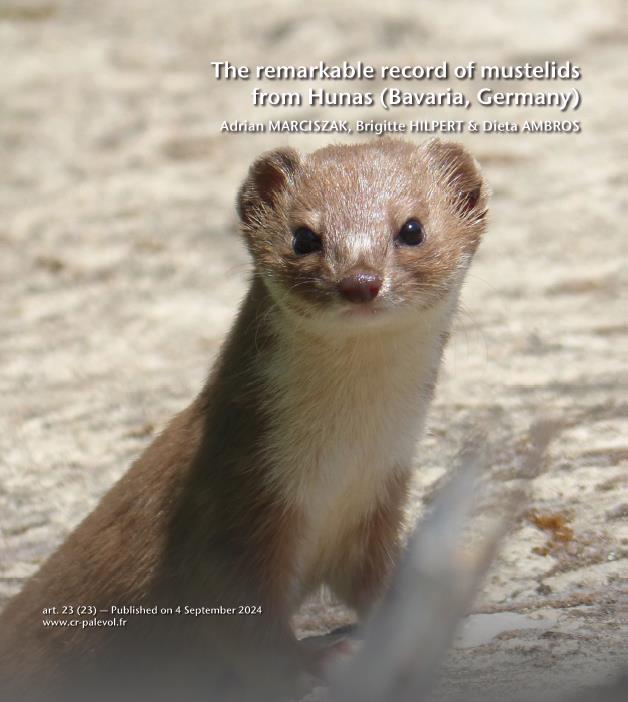
The journal Comptes Rendus Paleovol published an article co-authored by dr hab. Adrian Marciszak, professor of University of Wrocław, from the Faculty of Biological Sciences of the University of Wrocław, on the analysis of the rich paleozoological material of mustelids from the well-known, Bavarian site in Hunas. The text is also co-authored by dr Brigitte Hilpert and dr Dieta Ambros from the Friedrich-Alexander University of Erlangen-Nürnberg in Germany.
In his day, Fidel Castro was fond of referring to the American constitution, and the Cuban Revolution would find followers […]

The next international Open Access Week will take place from 21 to 27 October 2024. To mark the occasion, the Wrocław University Library has prepared events to promote Open Science, including a contest and meetings with representatives of leading publishers that the University of Wrocław subscribes to.
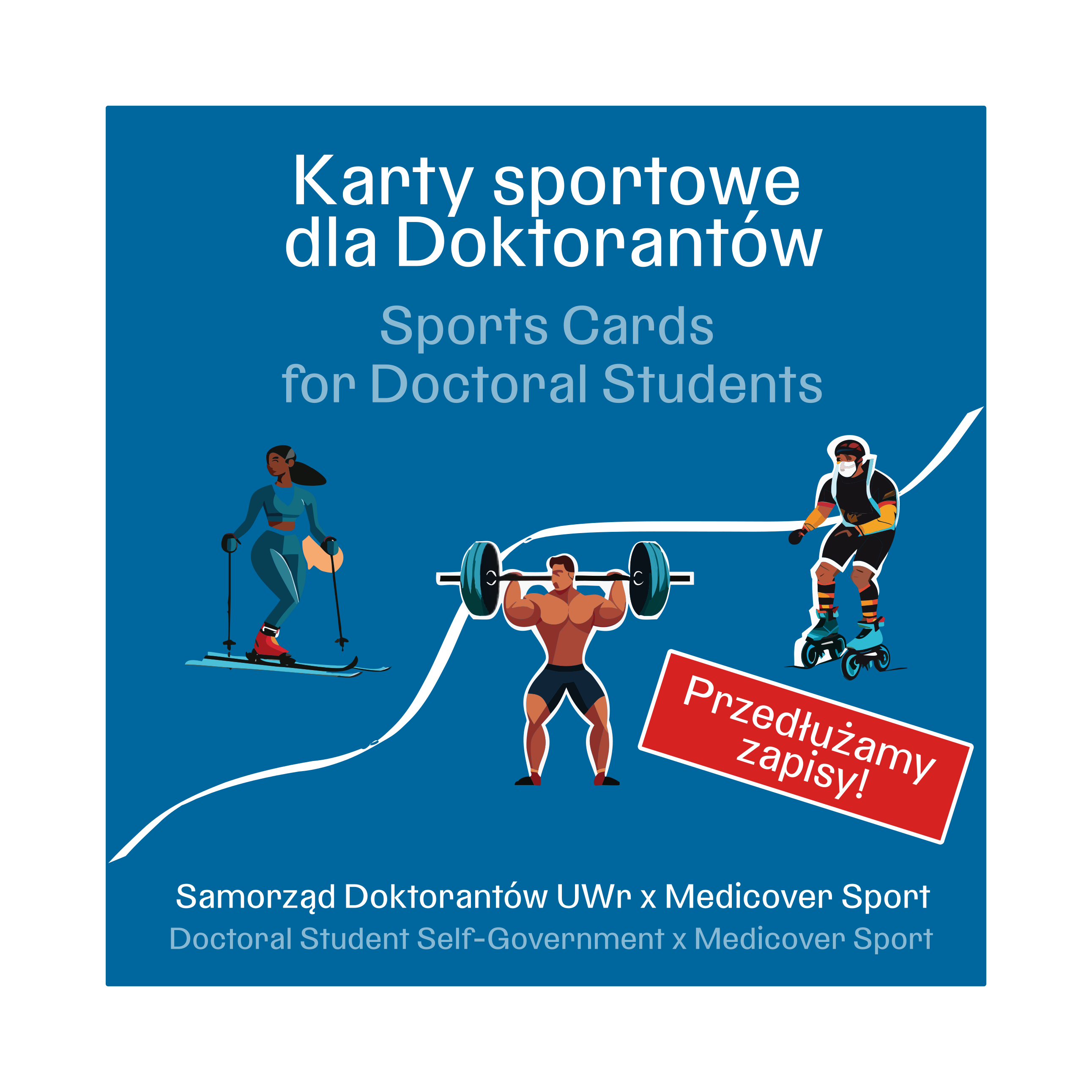
On behalf of the Doctoral Student Self-Government of the University of Wrocław, we are pleased to announce an important achievement. As you may remember, for the past two years we have been trying to launch a sports card program for doctoral students. We are happy to announce that this program has started this month, and enrollment has been extended especially for you until 20 October!
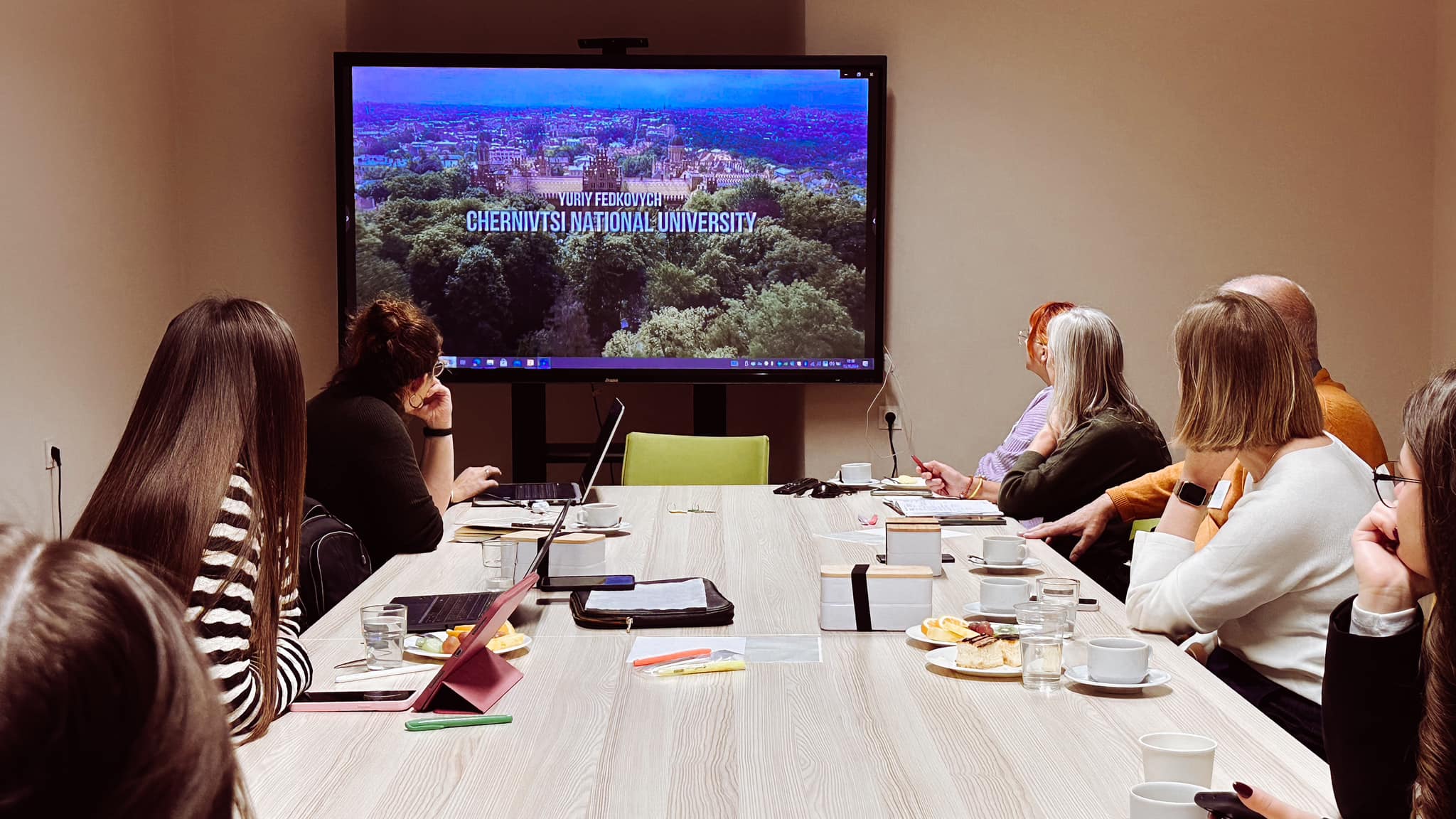
As part of the second edition of the Solidarity with Ukraine programme funded by NAWA and the Ministry of Science and Higher Education, the University of Wrocław will host representatives of universities from Kyiv, Lviv and Chernivtsi, this time on study visits intended for administrative staff, which will take place from 14 to 18 October.

The 2024 Nobel Prize in Literature was awarded to a South Korean writer, Han Kang. Dr Hae Sung Lee from the Korean team at the Institute of Classical, Mediterranean and Oriental Studies believes this is a sign that Korea is transforming from a cultural power into a truly culturally rich nation. Here is the full commentary from the university’s Korean Studies scholar:
Adjustments to enrolment for physical education classes for the winter term 2024/25 are now open. Enrolment takes place electronically at […]




